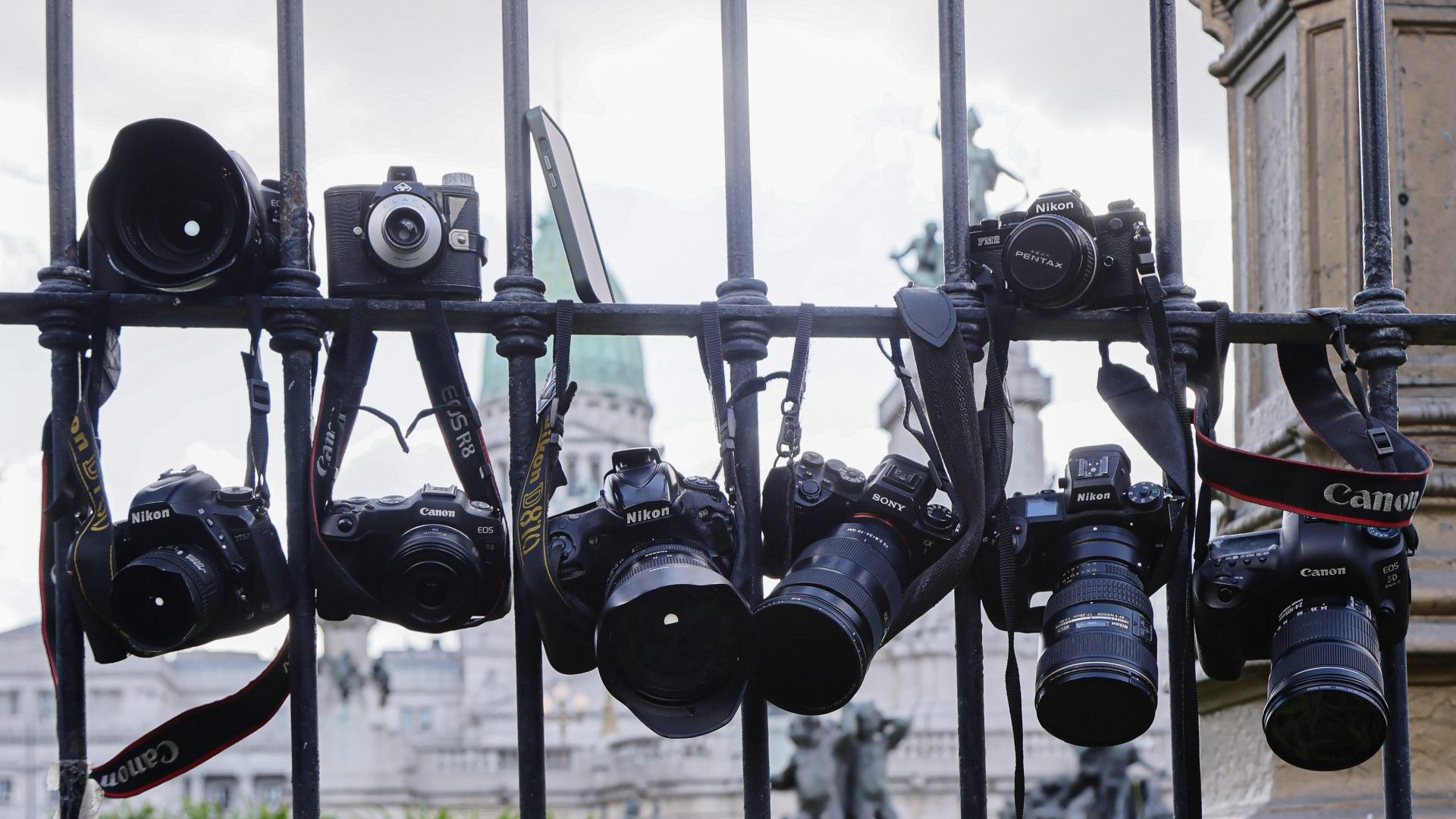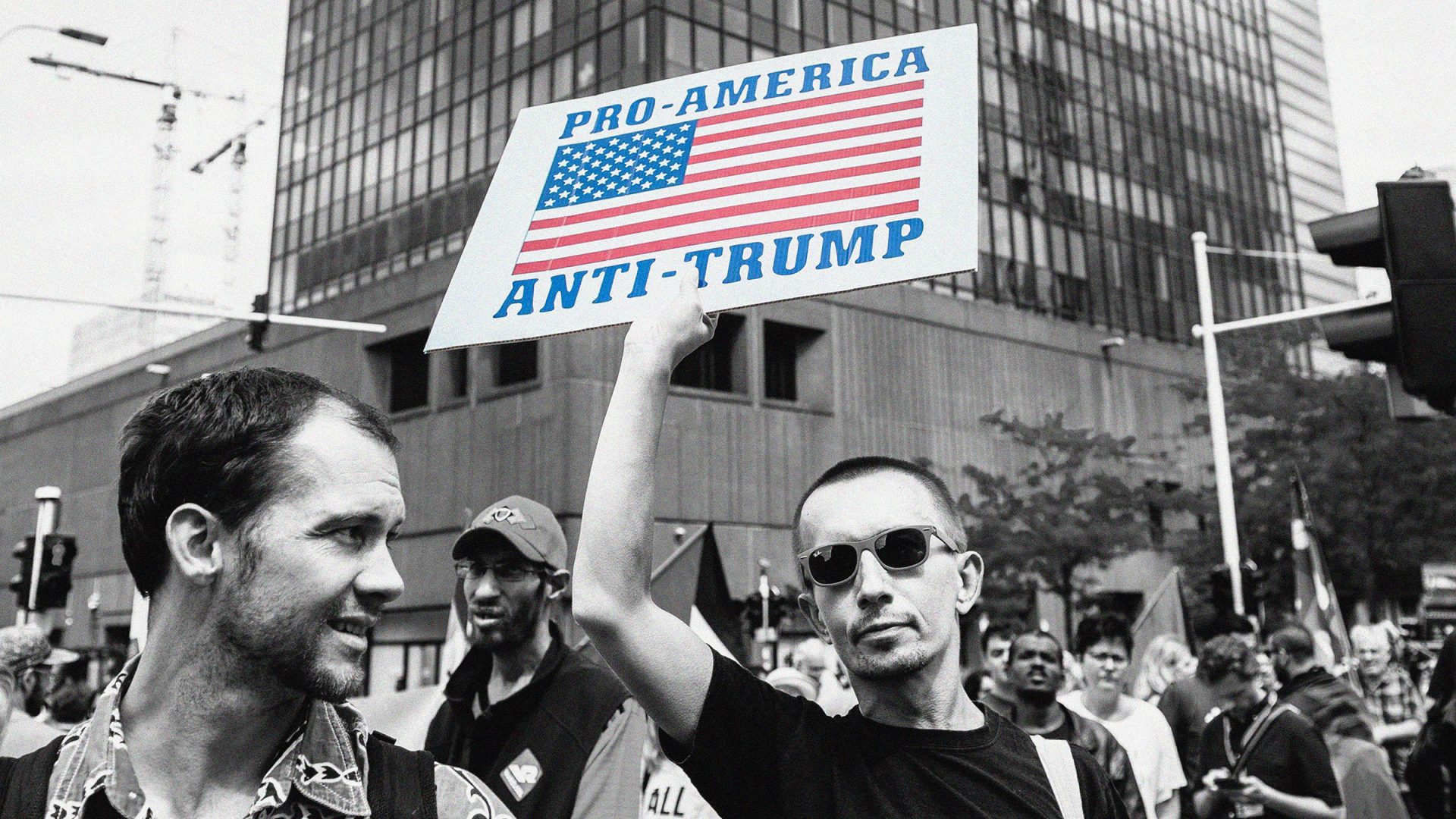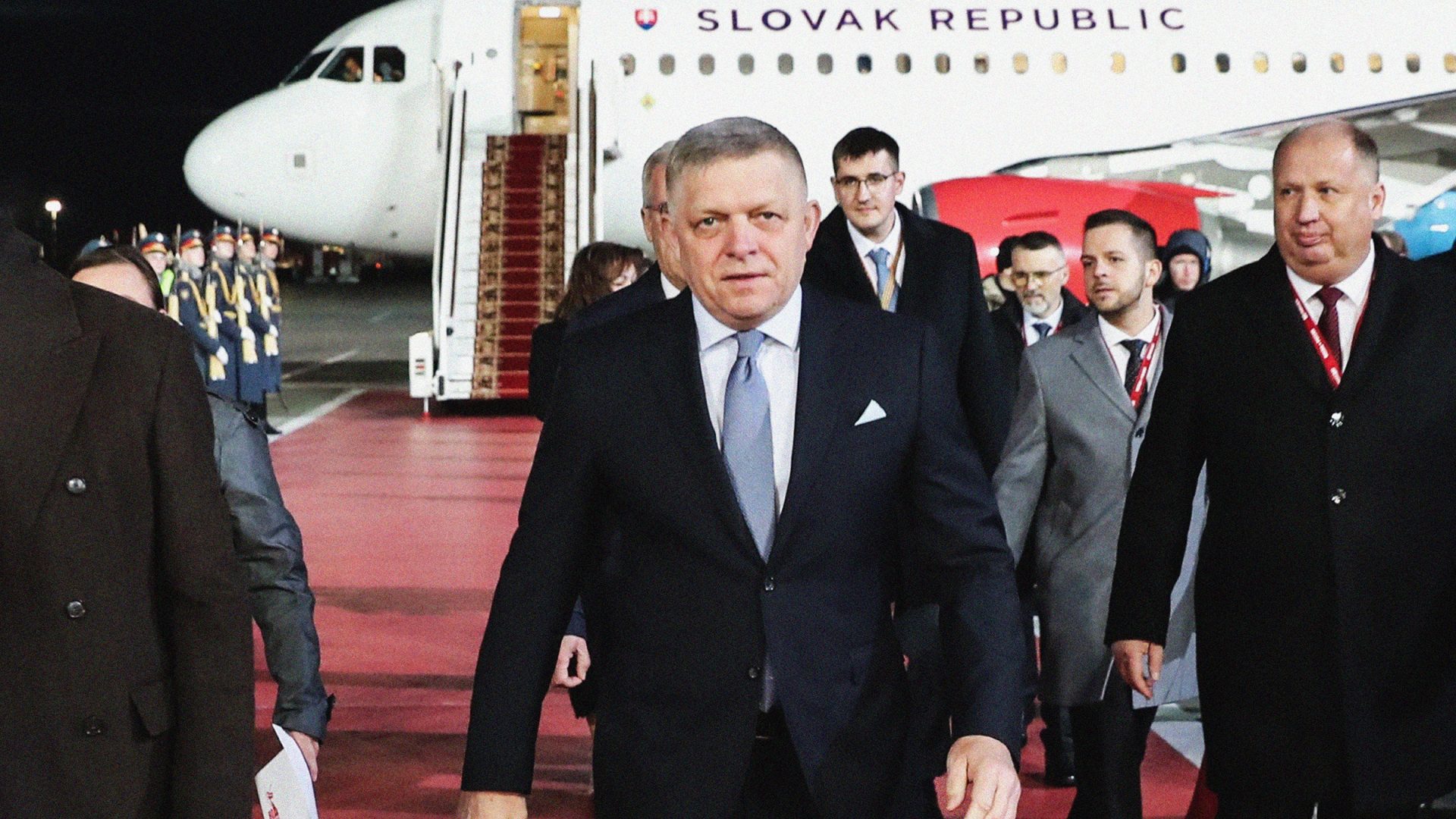Ahead of covering major protests in Argentina now, we journalists start planning like we’re going to war. Helmets? Face shields? Tear-gas goggles? First-aid kits? We agree on the safest meeting point if things go south, share passport numbers, and update each other when we arrive and leave.
Since the election of the far right president, Javier Milei, the situation for journalists has changed – and Reporters Without Borders (RSF) has taken note.
In its recent 2025 World Press Freedom Index, Argentina fell 21 places, down to 87 out of 180. “Insults, defamation, and threats from Javier Milei’s administration towards journalists and media critical of his regime have become commonplace since he took office,” said RSF.
“Javier Milei, the far right candidate elected president in 2023, is encouraging hostility towards journalists and delivering attacks aimed at discrediting the media and journalists critical of his policies – attacks that are widely echoed by his supporters,” it added.
But the international attention hasn’t slowed him – if anything, he is doubling down. As the president gears up for October’s midterm elections, he is not only targeting what he calls “the caste” – a term he used for opposition figures and career politicians. He is increasingly focused on us, the press.
“People don’t hate these hitmen with press credentials enough. If they knew them better, they’d hate them even more than politicians,” Milei wrote on X back in April.
He’s been saying this sort of thing a lot recently. Milei has also singled out specific Argentinian journalists, calling them liars, threatening legal action and refusing to answer their questions.
And his words are having consequences. Two days after the April post, the Argentinian journalist Roberto Navarro was attacked by two men. Navarro was hit from behind and needed hospital treatment for 48 hours. “The day before, the president had published a tweet that began with the same words as those of the attacker, ‘lying journalists’. I hold Milei responsible for what happened to me and for what may happen to me,” he said. “I wondered, and I ask you now: does that seem like enough hatred to you? Or do you want more?”
In March, during a protest about pensions, photojournalist Pablo Grillo was shot in the head with a police tear-gas canister. The attack fractured Grillo’s skull and left him in intensive care for weeks. Yet rather than apologising for the force’s actions, security minister Patricia Bullrich justified the action by claiming Grillo was an “activist”.
The nonprofit FOPEA, which monitors attacks on journalists, reported that out of every recorded attack – mostly verbal – on journalists between April 18 and July 17 in 2024, almost one-third involved the president. It said that political power was the main culprit in attacks against journalists in 2024, accounting for 52% of the 179 attacks counted nationwide.
During that time, Milei also shut down the public news agency Télem, which was founded almost 80 years ago, claiming it was a “propaganda agency”.
“We are very concerned that the decline of democracy in Argentina may have repercussions in other countries in the region and that this way of mistrusting and discrediting the media may become a regional trend,” Elena García told me. She’s a spokeswoman for RSF.
For those who have been watching Milei closely, the decline in press freedom isn’t a surprise. Even before he got elected in 2023, and despite rising to fame as a TV pundit, he had already made the press his target.
I have a vivid memory of attending one of Milei’s rallies ahead of the election in 2023. As he stood in a concert arena packed full of his supporters – and head-banged to classic rock in front of videos of explosions – his attention suddenly turned to us journalists.
He looked up at us, the crowd followed his gaze, and then he began hurling abuse at us. The press box stilled, and the reporter beside me said “time to go”.
Harriet Barber is a freelance journalist covering human rights abuses, migration, women’s rights and politics in South America



